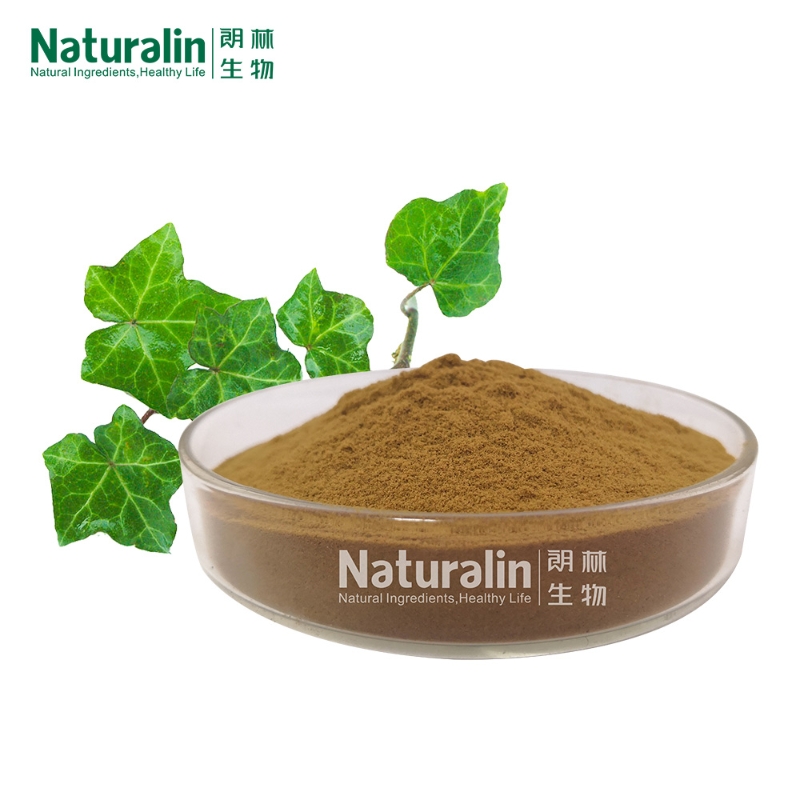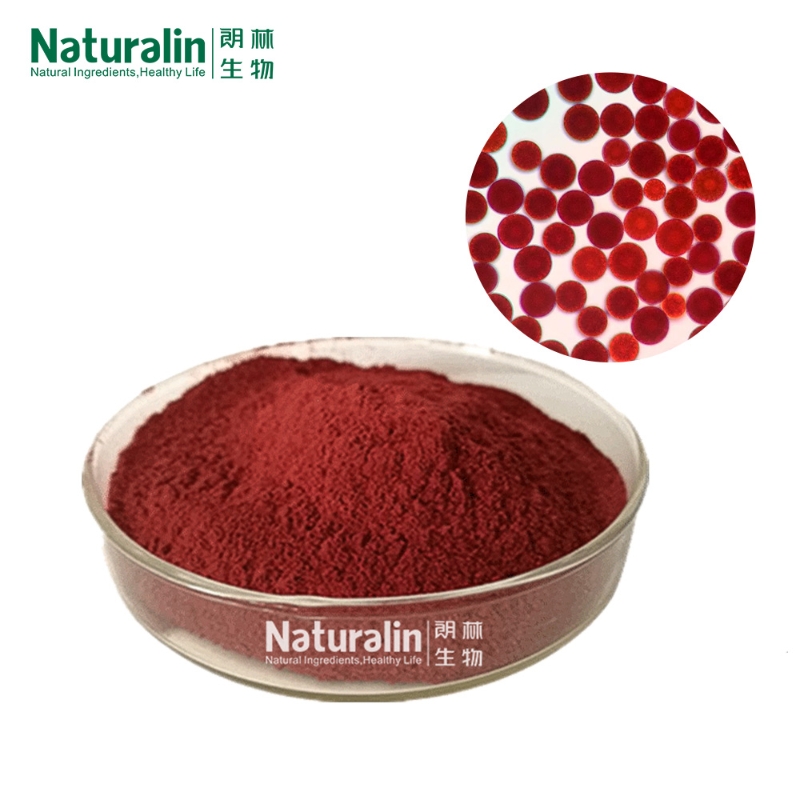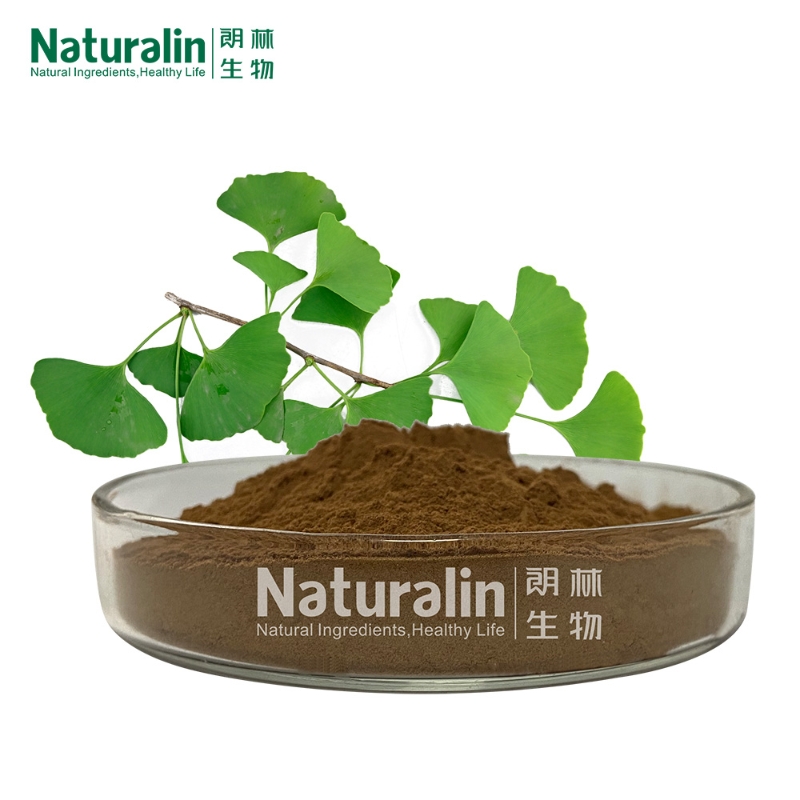"Hidden rules" in the interest chain of drugs sold by kickbacks
-
Last Update: 2013-09-13
-
Source: Internet
-
Author: User
Search more information of high quality chemicals, good prices and reliable suppliers, visit
www.echemi.com
Selling drugs by kickbacks - there are more than 1000 manufacturers of the same drug Facing such a cruel competitive environment, we need to get through the hospitals that account for more than 70% of the sales volume, and finally the doctors who lead the drug prescribing will write in the prescription "Selling without kickbacks" recently, more details of GlaxoSmithKline's criminal cases have been disclosed Police found that it carefully weaves the "compliance" coat and carries out various forms of "belt gold" sales to customers - major hospitals According to Liang Hong, vice president of China and general manager of enterprise operation of the company, the "grey" cost invested in opening the market accounts for 30% of the drug price, with a total amount of several hundred million yuan per year "The annual public relations budget of the key account team is about ten million yuan The main customers are the vice presidents and directors of pharmacy in charge of drugs in almost all the top three hospitals and some top two hospitals in China." it happens that there is a similar case Some time ago, according to the investigation of Zhangzhou Municipal Commission of discipline inspection, 73 hospitals in the districts and counties directly under the city were suspected of medical corruption, including 22 hospitals above the second level, none of which was spared from all the cases involved The case involved 1088 medical staff and 133 administrative staff In recent years, there have been many cases of medical corruption, but GlaxoSmithKline's large amount of bribery and Zhangzhou's wide range of cases are still shocking Transnational pharmaceutical enterprises' bribery in China is not a case, and the case in Zhangzhou, Fujian Province is just the tip of the iceberg in the industry This cancer breeds a long chain of interests, pushes up the cost of medicine and corrupts the medical staff "It's all these peddlers who bid up the price of medicine, which is hurting the people." After the GlaxoSmithKline incident, patients criticized "medical kickbacks" Is everything the fault of pharmaceutical companies? Can pharmaceutical companies do without kickbacks? The head of regional sales of a pharmaceutical company told reporters that they were helpless in the face of such a situation "There are more than 1000 manufacturers of a drug Faced with such a cruel competitive environment, we need to open hospitals that account for more than 70% of the sales volume, and finally the doctors who are leading in prescribing drugs will write in the prescription If we don't sell like this, we won't be able to sell What can I do?" Every year, he said, the company demands rigid growth goals, just as GlaxoSmithKline demands 25% annual growth in the Chinese market Under such pressure, the sales staff have to do everything The reporter looked up the relevant figures As of the end of 2011, there were 4629 pharmaceutical raw materials and preparations manufacturers in China, most of which were generic pharmaceutical manufacturers There are more than 8100 hospitals above the second level (including public and private) in the main drug market There are many pharmaceutical companies with poor R & D capability, serious product homogeneity, fierce competition, and a lack of market opportunities Drug sales by kickbacks has become a common "potential rule" in the industry It is estimated that the cost of commercial bribery in the field of medicine accounts for 20% - 30% of the price of medicine, even up to 50% Doctors' bonus can not be separated from drug bonus - hospitals should also pay attention to income In the context of medicine and medicine, many hospitals have defined income generating tasks for every doctor According to the investigation of Zhangzhou case, the "marketing" expenses of drug manufacturers to distributors are generally about 50% of the bid price of drugs, and the regional managers generally spend about 15% on the relevant personnel of the local health and drug supervision departments of "public relations", and about 30% on the secondary agents and offline salesmen These off-line personnel are responsible for "public relations" of various hospitals, and the "benefit fee" to the head of the hospital and the department doctors accounts for about 25% There are two huge interest chains in it, an associate professor of logistics at a key university in Tianjin told reporters The chain from the beginning of the hospital shows that the final decision-making power of the purchase demand plan proposed by the hospital lies in the hands of some key persons, such as the directors of each department, the head of the hospital and relevant personnel It includes all stakeholders of the hospital, purchasing decision-makers, heads of bidding, etc.; the chain from the manufacturer shows that the manufacturer must first carry out product registration and approval before listing, and there are two kinds of sales time: long-term sales agent and short-term agent The long-term sales agent will generally develop the first and second level agents in different regions, and the terminal seller is responsible for the public relations hospital The threshold for these dealers is relatively low, and they can enter the market for 20000 yuan or 30000 yuan This chain includes manufacturers, agents at all levels, hospital related personnel, etc "There are also some unreasonable interest chains, such as affiliation, transaction and ticket passing." She said Due to the lack of supervision and punishment, the drug circulation process is very chaotic This grand medical and drug conspiracy comes from various forces and pressures, but the realization of benefits depends on the last link - hospital doctors, whose low income makes some doctors desperate "The doctor's income is too low He has to study for at least 5 years The resident doctor will be a resident for another 3 years He still lives like clean water, which is totally out of proportion to his efforts Moreover, the hospital should also talk about income, and provide every doctor with income generating tasks " A medical representative told reporters The competition is fierce, it can't be sold without kickbacks; without kickbacks, the income is too low to go on Medicine and medicine simply conspire to make profits and achieve a "win-win" of deformity "GlaxoSmithKline may be like this in foreign countries, but it must not be as large as it is in China The reason is simple The soil determines it." Such is the analysis of the regional sales director of a pharmaceutical company What soil? Medicine is not divided into medicine In China, public hospitals account for more than 90%, and their income mainly comes from three channels: government financial subsidy, medical income charged by project and drug markup income For a long time, the government's financial subsidies are relatively small, accounting for less than 10% in general, mainly used for basic wages, infrastructure, equipment purchase, etc Because many service items are one-to-one, such as operation cost and infusion cost, the hospital tries to increase the drug markup income, which currently accounts for about 40% of the total income This kind of abnormal income structure of medical staff, even in some basic medical and health institutions, is no exception If more prescriptions are given, the Commission will be higher, and the total plate money of medical institutions will be more, so that every employee can be given a bonus Unreasonable control makes "enemy" become "parent" -- market guidance price, markup rate control, centralized bidding and procurement, etc., which not only fails to effectively reduce drug prices, but also promotes hospitals and pharmaceutical enterprises to become community of interests In order to curb the rising drug price, China has implemented various control policies, including market guidance price, markup rate control, centralized bidding procurement, etc., but the role is very limited "Hospitals and pharmaceutical companies are trading enemies, which is a kind of game relationship in itself, but now they have become a community of interests, and join hands to play games with the government The main reason for this is not that we misread "to supplement medicine with drugs", but that different departments do not coordinate drug control policies " Li Xianxian, a senior expert in drug bidding and procurement and member of the Advisory Committee of medical reform experts under the State Council, said that the drug markup policy has made hospitals find a way to survive The higher the price of drugs, the higher the markup income, so they prefer to use expensive drugs and prescribe large prescriptions Hospitals, doctors and pharmaceutical factories all benefit from it "The government has managed the medical commercial bribery for more than 20 years Since 2006, it has pushed forward the centralized procurement mode led by the government with the province as the unit to try to stop the rebate, but it still hasn't touched the interest chain." Li explained that centralized procurement is a kind of market mechanism, which stresses economic effectiveness and inevitably touches the existing interest pattern But now the centralized procurement in different regions is actually decentralized procurement, independent pricing by hospitals, and secondary sales by enterprises The centralized procurement has become market access and "secondary pricing" On the basis of the winning price, the hospital will increase the price to the highest guiding price and sell it after the increase, as disclosed in the Zhangzhou case At present, the purchase price of hospital drugs is generally more than 10 times of the factory price According to Li, the real centralized procurement system must start from financing, involving selection, bidding, distribution, collection, pharmacy management and drug use The World Health Organization has issued specialized guidelines on how to build a complete drug supply chain Our country also has corresponding regulations on how and what medicine doctors prescribe However, in the current environment, which products are often dominated by hospitals, such as the supply of drugs exceeds the demand "The medical staff has a diagnosis and treatment guide Generally speaking, they use basic drugs first and then other drugs But some of the medical staff are not able to carry out the work well Whoever has good public relations will use his medicine " Zhang Xinping, a professor at the school of medical management, Tongji Medical College, Huazhong University of science and technology, said that there are both management reasons and the low income of doctors The way that medical insurance pays the hospital by project is easy to stimulate the hospital to introduce high-end diagnosis and treatment equipment, sell high-priced drugs and get more profits Can the separation of pharmaceutical industry cure drug corruption -- the reform of drug distribution field will inevitably move towards the separation of pharmaceutical industry, in which the relationship between the government and the market should be handled well This kind of sales mode exposes the problems of false high price, imperfect overall supervision system, backward industry credit system, imperfect pricing mechanism, and supporting medicine with medicine It is urgent to supervise the whole process of drug production, circulation and use Zhang Xinping said that the drug markup policy must be cancelled, which has been verified in some pilot cities of public hospital reform Because it is difficult for the government to accurately investigate the actual cost price of drugs, in the future, the government's maximum retail guide price will also become a rule of principle, so there is no need to intervene too much in the market; the bidding and purchase of drugs should also be truly true She believes that in the field of medicine, which is dominated by hospitals, the problem of circulation process will become smaller or even disappear with the reform of public hospitals in place "The reform of public hospitals needs medical insurance to play an incentive and restrictive role, and to significantly change the existing payment method based on project payment, so as to truly manage the hospital." Zhang Xinping said that hospitals cannot operate as enterprises as they do now, pursuing the maximization of profits and the development of enterprise scale Its management focus is to ensure its own operation and reasonable income of doctors Medical income is enough to pay doctors' income and ensure their decent life At the same time, the blacklist system will be established, and the doctors who withdraw their deductions will be blacklisted, and the illegal behaviors of doctors will be restrained from their professional survival and development According to Li constitutional law, the reform in the field of drug circulation must be the integration of upstream and downstream logistics, and ultimately the separation of pharmaceutical industry At that time, the prescription right and dispensing right of drugs will be separated Pharmacists have independent dispensing right Doctors and pharmacists will check and balance each other and operate according to their own industry rules At present, the reform level is to separate medicine and cut off the relationship between hospital operation and drug sales For example, the reform carried out by Beijing Friendship Hospital, Chaoyang Hospital and other hospitals is committed to promoting the separation of medicine and laying the foundation for the separation of medicine "The direction of centralized procurement is right, but we should correct the wrong hand on the government, change the role, clarify the market position of the main procurement body, return to the economy and effectiveness of centralized procurement, handle the relationship between the government and the market, formulate industry standards, and clarify the specific implementation path, so as to effectively capture the real and reasonable price of drugs and stop the trend of rebate." Li suggested that we should establish a completely third-party non-profit purchasing organization to let the hospital, the market main body, join forces to purchase directly
This article is an English version of an article which is originally in the Chinese language on echemi.com and is provided for information purposes only.
This website makes no representation or warranty of any kind, either expressed or implied, as to the accuracy, completeness ownership or reliability of
the article or any translations thereof. If you have any concerns or complaints relating to the article, please send an email, providing a detailed
description of the concern or complaint, to
service@echemi.com. A staff member will contact you within 5 working days. Once verified, infringing content
will be removed immediately.







